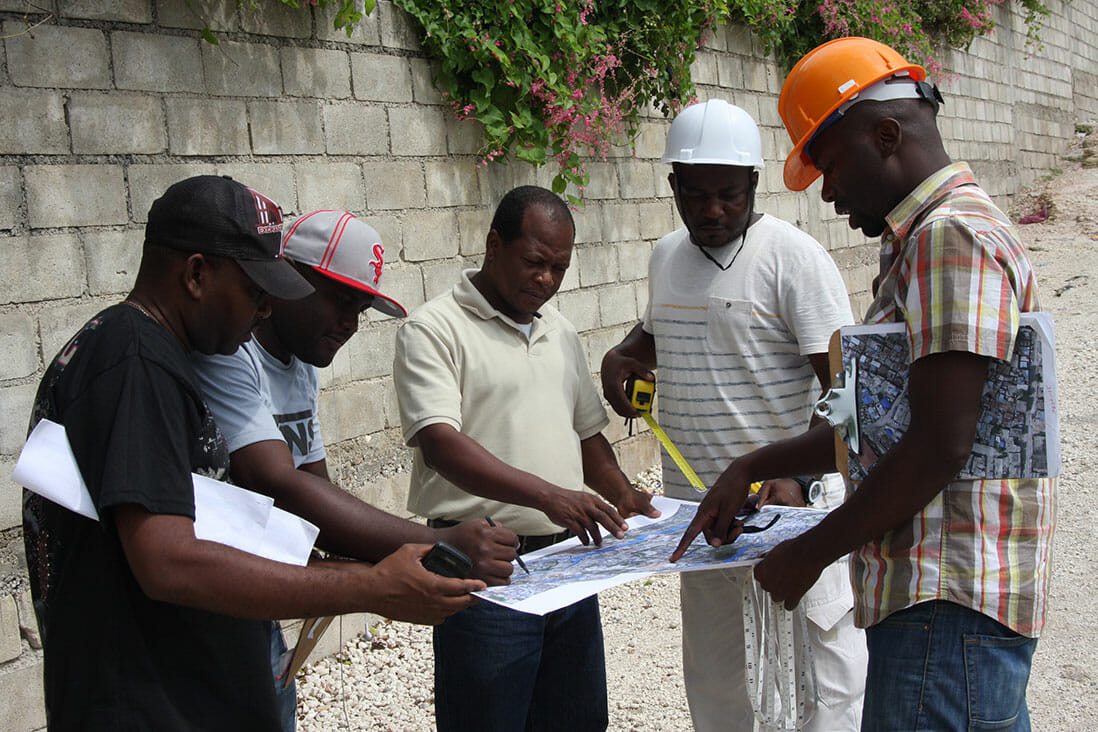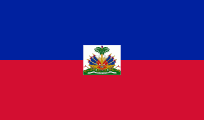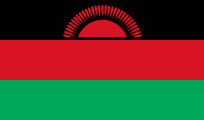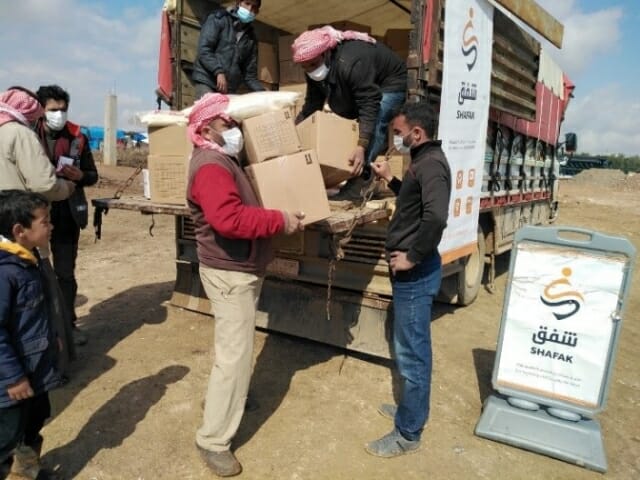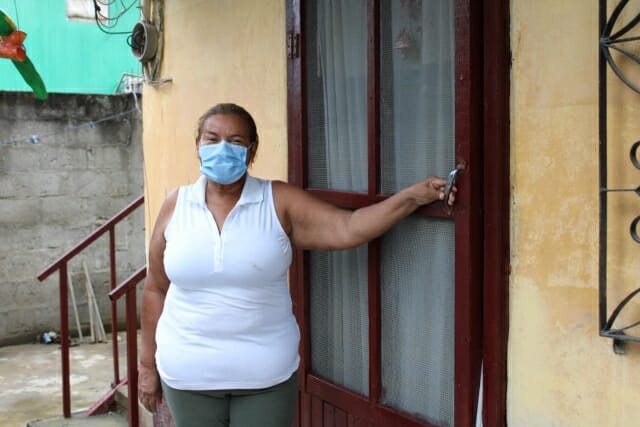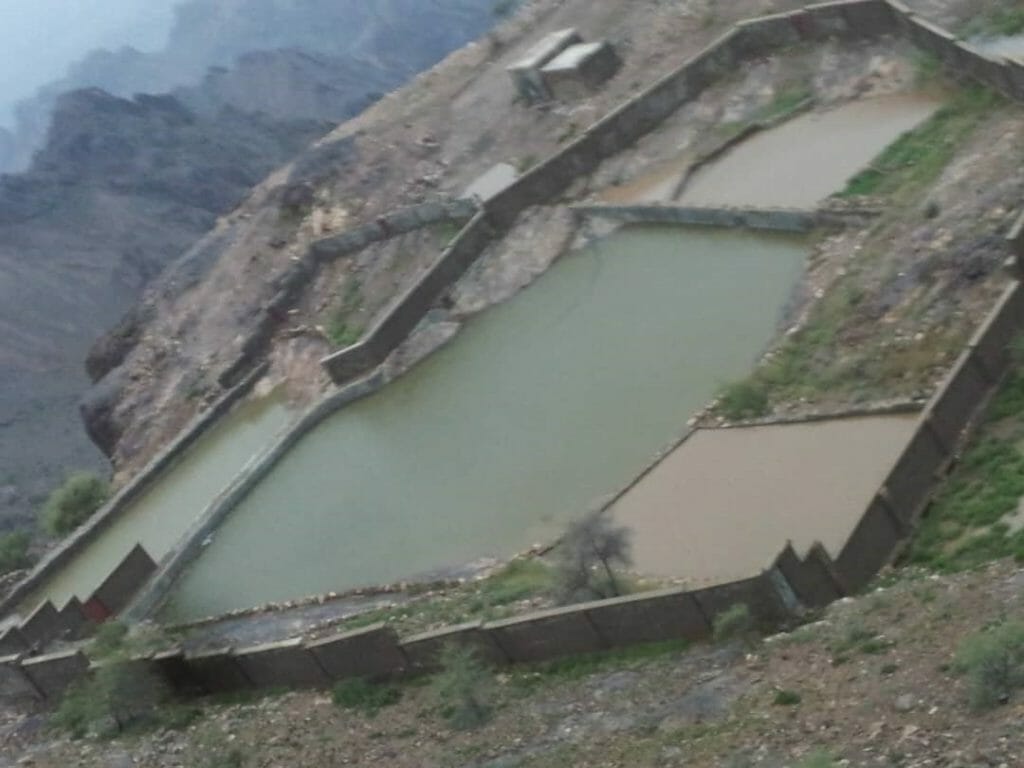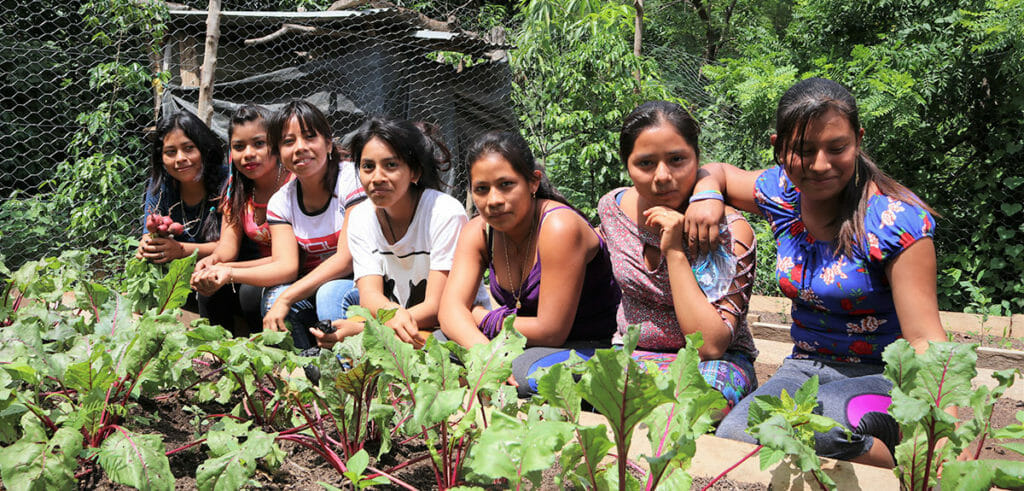Our emergency response programs are designed with a resilience-based approach to enable the delivery of lifesaving interventions, while helping to reduce food aid dependency, improve household nutrition and food availability, and provide income so that individuals can be agents in their own recovery. We seek to link food security to other complementary interventions such as access to clean water, increased income and adequate shelter whenever possible, fostering self-sustainable early recovery.
Protection is at the heart of our emergency response programs, and through mainstreaming protection or direct protection services delivery, we ensure that we are reaching the most vulnerable and that lifesaving responses are grounded in the principle of Do No Harm. We put vulnerable populations and communities at the heart of our work and foster strong partnerships with communities to ensure their needs are prioritized. This approach, along with our commitment to developing the capacity of local staff and partners, sets us apart in an emergency response.
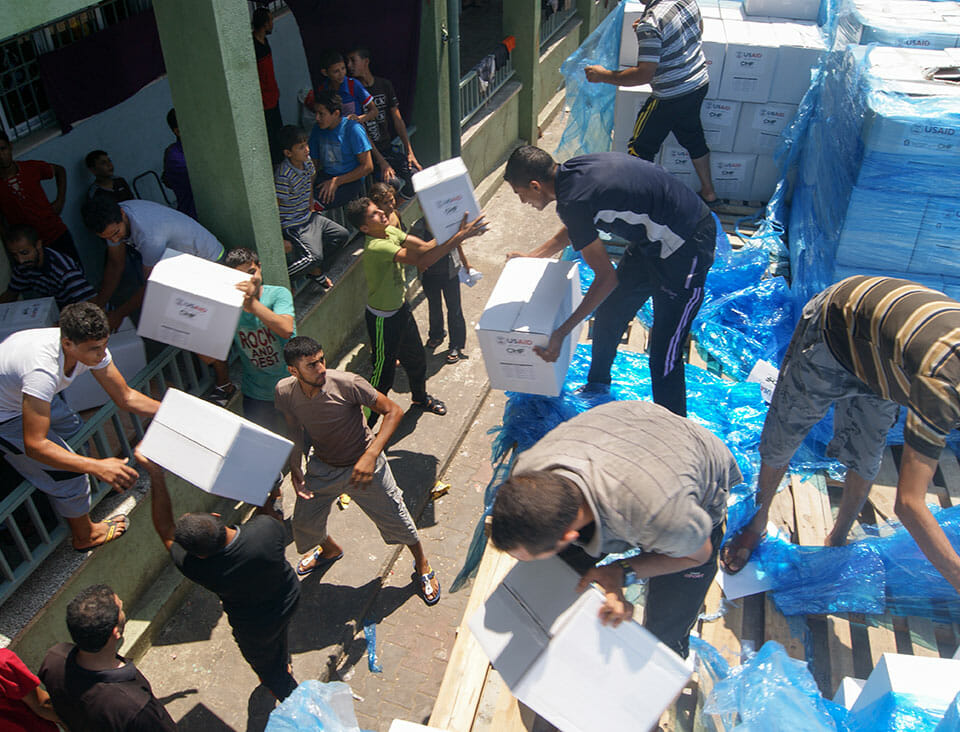
Food Security & Nutrition
Ensuring uninterrupted access to nutritious food is a primary concern for families in humanitarian crises and is intrinsically linked to the availability of food production and agricultural livelihoods. Our programs are balanced between food aid and livelihood promotion, with a focus on sustainable
support, aiming to reduce food aid dependency, improve household nutrition and food availability, provide income and transition targeted groups from relief to sustainable livelihoods.
In collaboration with communities, we assess whether transfers such as food assistance or vouchers are necessary to prevent suffering and protect development gains and how we can effectively deliver services without disrupting local markets. Global Communities’ strategy often involves the use of food aid to vulnerable households, labor-based methods to reengage actors in their own recovery and a focus on women, and can also include the deployment of innovative electronic food voucher systems.
Emergency Water, Sanitation & Hygiene
Global Communities’ water, sanitation and hygiene (WASH) in emergencies programs are designed to address the specific needs of the most vulnerable crisis-affected populations who cannot afford, or physically do not have access to, water or basic hygiene items. We support particularly vulnerable individuals, such as elderly people, those with disabilities, pregnant women and new mothers with customized interventions and resources.
Global Communities also rehabilitates or repairs water supply and sanitation systems, and trains beneficiaries in their use, maintenance and oversight. We deliver important WASH information – such as proper hand-washing methods – through simple, context-appropriate, picture-based hygiene promotion messaging.
Shelter & Settlements
Global Communities’ shelter programs provide protection from the weather, increase privacy and the ability to live in dignity, particularly for women and girls, and support basic living needs for people affected by conflict or disasters. By providing this security –even for the short-or medium-term –we save lives and enable people to focus on addressing their other needs. We do this through a range of activities, including providing kits of non-food items for household use, shelter kits for emergency protection, sealing kits to weatherize existing shelters, and rehabilitation and repairs to individual homes and collective centers where groups of displaced people reside.
We are also widely known for our work in transitional shelter. Our transitional shelters are durable temporary homes that meet global standards and enable a family to live and thrive during the phase between tents and tarpaulins in the immediate aftermath of a disaster and permanent, fully constructed housing.
Our Approach
Our humanitarian response is anchored by a resilience-based, community-led methodology that both addresses immediate, lifesaving needs during an emergency, and enhances the capabilities of individuals, households, communities and systems to prepare for, cope with, adapt to and recover from natural and man-made shocks and stressors.
Our focus on resilience during an emergency aims to reduce chronic vulnerability; facilitate inclusive growth with meaningful participation of women, young people and other marginalized groups; and prevent backsliding on development gains. By focusing on issues like food security and safe construction, we empower communities to cope and rebuild when the next disaster comes.
15,000+
dignity kits distributed around the world
39,000
vulnerable individuals reached with shelter and emergency water, sanitation and hygiene support following back-to-back storms in Central America in 2020
2,593
children and caregivers connected with mobile protection teams to help prevent the spread of COVID-19
Our work in this area reaches
Resources
Briefs & Case Studies
Resilience, Rebuilding and Humanitarian Assistance: Lebanon Focus
Global Communities has implemented community-driven humanitarian assistance programs for decades, responding to the needs of millions of families in countries around the globe. From natural disasters, to armed conflict, to social and economic upheaval, we are there to meet the humanitarian needs of vulnerable people affected by crisis. We work in partnership with a range…
Research & Publications
Humanitarian Assistance, Resilience, and Rebuilding: The Long-term Impact of the Neighborhood Approach on Post Earthquake Haiti
Summary of FindingsA Post-Project Sustainability Study of The KATYE Project The January 12, 2010 earthquake in Haiti was the largest natural disaster in the country’s history. Residents were confronted with a tragedy of monumental scale and the daunting task of building back. Among the hundreds of projects implemented in response to the disaster was the…

